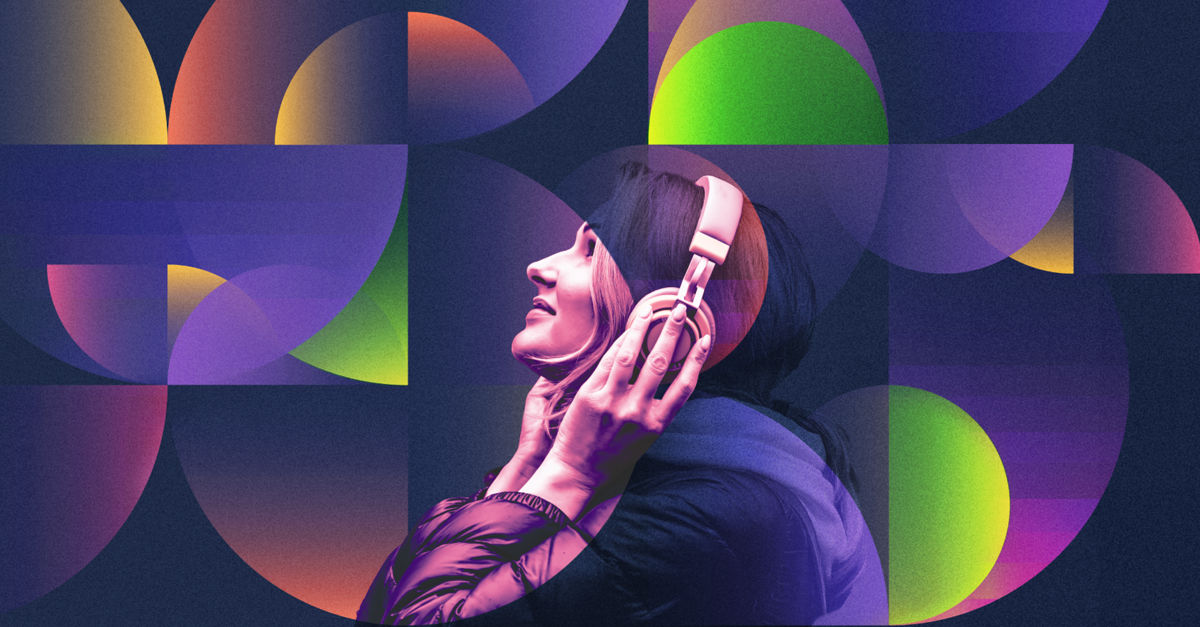The world of celebrity culture in 2025 is more vibrant, interconnected, and complex than ever before. Celebrities today are not just entertainers; they are global influencers, entrepreneurs, and in many cases, voices for social and political change. With the rise of digital platforms, the boundaries between stardom, activism, and business have blurred, giving rise to a new era where fame is as much about influence as it is about talent.
The biggest transformation in celebrity culture has been the shift from traditional media to digital dominance. Social media platforms have turned stars into global brands, enabling them to communicate directly with fans and bypass traditional gatekeepers. Instagram, TikTok, YouTube, and emerging platforms are not just places for entertainment but also arenas where careers are made and reputations are tested. In 2025, digital presence often defines a celebrity’s influence more than film roles or chart-topping singles.
Another major trend is the growing responsibility celebrities carry. Fans no longer see them merely as performers; they expect them to use their platforms for meaningful causes. Issues like climate change, mental health awareness, equality, and humanitarian crises dominate celebrity activism. From Hollywood actors to K-pop idols and international athletes, stars are lending their voices to shape conversations that affect millions. This expectation has redefined what it means to be a public figure in the modern era.
In the music industry, celebrities continue to push boundaries. Artists are experimenting with artificial intelligence, virtual reality, and immersive concert experiences, transforming the way fans engage with music. Global tours remain a central feature of celebrity news, but in 2025, digital concerts with millions of attendees have become equally significant. Musicians are also increasingly merging business with artistry, creating fashion lines, investing in technology startups, and establishing personal brands that go beyond the stage.
Film and television stars are no less influential. Streaming services have reshaped Hollywood, producing a wave of international collaborations. Actors now reach global audiences instantly, and successful projects can turn a relatively unknown star into a global household name overnight. The entertainment industry is no longer bound by geography, as international co-productions dominate award shows and redefine what it means to be a global celebrity.
Sports figures are another powerful category of celebrities dominating headlines. Athletes in 2025 are not only admired for their skills but also for their personal brands and influence outside the game. From launching charitable foundations to taking stands on political issues, today’s athletes are using their fame to make an impact far beyond stadiums. With major sporting events drawing billions of viewers, athletes command global influence on par with movie stars and music icons.
Yet, celebrity culture also faces challenges. The pressures of fame are amplified in the digital age, where every move is scrutinized and controversies spread within seconds. Mental health has become a recurring topic in celebrity news, as stars openly discuss struggles with anxiety, depression, and burnout. The openness has helped destigmatize these issues, but it also highlights the darker side of fame in a hyperconnected world.
The business of celebrity has also evolved significantly. Endorsements, once limited to TV commercials or magazine covers, now extend to global partnerships, NFTs, and AI-driven marketing campaigns. A single post from a major celebrity can move markets, influence consumer behavior, and even shape political opinions. Celebrities have become integral to the global economy, functioning as both cultural icons and economic forces.
Scandals continue to grab attention as well. From legal disputes to personal controversies, celebrity scandals still dominate entertainment news cycles. However, the way these stories are received has changed. Fans are increasingly critical of media sensationalism, and many celebrities now use their own platforms to clarify narratives directly, bypassing traditional news outlets. This shift has altered the power balance between media and celebrities, making stars less vulnerable to one-sided portrayals.
Cultural diversity has also reshaped the celebrity landscape. Stars from Asia, Africa, Latin America, and the Middle East are gaining unprecedented global recognition. The world is no longer dominated by Western entertainment alone. K-pop idols, Bollywood actors, and African musicians are headlining global festivals and topping international charts, reflecting the multiculturalism of modern audiences. This global recognition is redefining what it means to be a superstar in the 21st century.
In 2025, the intersection of celebrity and politics is another defining feature. Many stars openly endorse candidates, champion causes, or even enter politics themselves. While some critics argue that celebrities should stick to entertainment, fans increasingly welcome their activism. The global reach of celebrities gives them unique power to draw attention to issues that traditional politicians often struggle to communicate effectively.
Despite the challenges, celebrity culture remains one of the most dynamic forces in modern life. Stars continue to inspire, entertain, and influence billions of people across the world. Whether through music, movies, sports, or activism, celebrities embody the aspirations and anxieties of society, reflecting both its triumphs and its struggles.
FAQs
How has social media changed celebrity culture in 2025?
Social media has made celebrities more accessible and influential, allowing them to directly engage with fans and control their own narratives.
Are celebrities more socially responsible today?
Yes, celebrities are expected to use their influence for meaningful causes such as climate change, mental health, and social justice.
Which industries are most affected by celebrity influence?
Music, film, fashion, sports, and technology are all deeply influenced by celebrities, who often serve as both entertainers and entrepreneurs.
How do global audiences shape modern celebrity culture?
Global audiences are embracing stars from diverse backgrounds, breaking down traditional barriers and creating a more multicultural celebrity landscape.
What challenges do celebrities face in 2025?
Mental health pressures, digital scrutiny, and the responsibility of influence are the main challenges facing modern celebrities.
Conclusion
Celebrity news in 2025 reveals a world where fame is more than entertainment. Today’s stars are cultural leaders, business innovators, and social advocates, wielding unprecedented influence over global conversations. The digital age has redefined what it means to be a celebrity, creating both opportunities and challenges.
As fans demand authenticity, responsibility, and global awareness, celebrities are stepping into roles that extend far beyond traditional fame. In this new era, the power of celebrity lies not only in talent but also in the ability to inspire, lead, and connect with a world in constant transformation.






